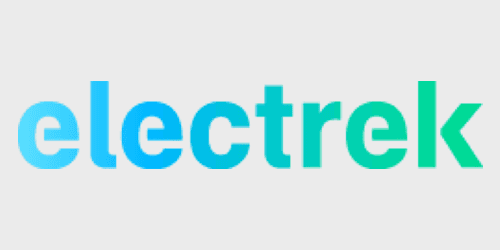

Sonnenbatterie is the leader in home energy storage in Europe. The company is expected to represent a serious competitor to ‘Tesla Energy’ in Germany, which the automaker sees as an important market for energy storage due to the popularity of renewable energy in the country. Tesla’s head in Germany, as well as several managers, defected to Sonnenbattarie earlier this summer – hinting at a possible rivalry between the two companies.
At a press conference in Berlin today, Sonnenbatterie announced a new home battery pack, as well as a new solar panel/battery package and everyone want to know how it fares against Tesla’s Powerwall.It’s a fairly complicated matter due to the various aspects of a home energy storage system, but it mostly comes down to pricing since installing any energy storage capacity is primarily an economic choice. I don’t pretend to fully understand how the two offers compare and I welcome any input (please comment below), especially since I’m mainly working with German documentation.
Tesla Energy’s pricing in Germany is not really straightforward in term of consumer end-price. The company lists a wholesale price for distributors at €3,035 ($3,234) for a 7 kWh Powerwall – €3,612 ($3,848) including the 19% VAT. The total end cost to a customer depends on who you buy it from and with or without an inverter and solar installation – no such price is currently listed as far as we know. If a customer already owns a solar installation with inverter, the total cost of a Powerwall could add less than $1,000 to the wholesale price, but things get murkier once the cost get buried with the installation, an inverter, solar panels and other accessories.
Sonnenbatterie’s new package costs €9,999 including VAT ($10,645) according to GTM and it includes “a 2 kWh Sonnenbatterie battery, a German-made PV panel, an inverter, and an intelligent control system”. Only the installation isn’t included and could start at around €700 ($745) according to Philipp Schröder, Tesla’s former Germany chief and now Sonnenbatterie’s managing director.
Customers will be able to buy the 2 kWh battery pack separately for €3,599 ($3,830), including VAT. The packs are stackable up to 8 for 16 kWh. Tesla’s Powerwall is also stackable – up to 9 times 7 kWh for 63 kWh.
Here are the spec sheets of Sonnenbatterie’s new battery pack and Tesla’s Powerwall:
In term of performance, Sonnenbatterie uses Sony Fortelion li-ion battery cells, which they expect will last for 10,000 cycles, while Tesla offers a 10-year warranty for daily cycling, meaning at least 3,650 cycles, but both CEO Elon Musk and CTO JB Straubel said they expect the batteries to last longer than that.
So, how does Sonnenbatterie fare against Tesla’s Powerwall?
Tesla seems to dominate Sonnenbatterie solely based on cost per kWh, but things get more complicated if we get into cost per cycle, which we will only really understand once both systems get more real-world experience.
FTC: We use income earning auto affiliate links. More.







holly cow! That is probably the most expensive battery I ever seen (if it is really 3599€ for only 2kWh and 1 DC/DC converter)… Tesla offers 3.5x or 5x more capacity for same price.
Sonnenbattarie’s 2kwh would barely scratch the surface of a typical home’s needs. I was looking at the Powerwall & estimated I needed between 2 and 3 of the 7 kWh packs to support my electric needs (Arbitrage between day peak rate and night-time reduced tariff rates)